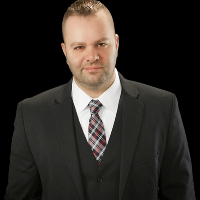Hunt Valley Criminal Lawyer, Maryland
Sponsored Law Firm
-
 x
x

Click For More Info:
-
Price Benowitz LLP
409 7Th St Nw Suite 200 Washington, DC 20004» view mapCriminal Law Working Relentlessly For You
Our firm was built on the understanding that comprehensive representation does not begin and end in the courtroom.
202-600-9400
Chelsey Seger
✓ VERIFIEDCriminal, US Courts
Chelsey Seger is a practicing lawyer in the state of Maryland handling criminal defense matters.
Gerard Francis Miles
Family Law, Divorce & Family Law, Criminal, Accident & Injury
Status: In Good Standing
Thomas Gerad Gill
Criminal, Commercial Bankruptcy, Bankruptcy & Debt, Personal Injury
Status: In Good Standing Licensed: 26 Years
Matthew Justin Akman
Motor Vehicle, Divorce & Family Law, Criminal, Bankruptcy & Debt
Status: In Good Standing Licensed: 13 Years
 Seth Price Washington, DC
Seth Price Washington, DC AboutPrice Benowitz LLP
AboutPrice Benowitz LLP Practice AreasExpertise
Practice AreasExpertise


